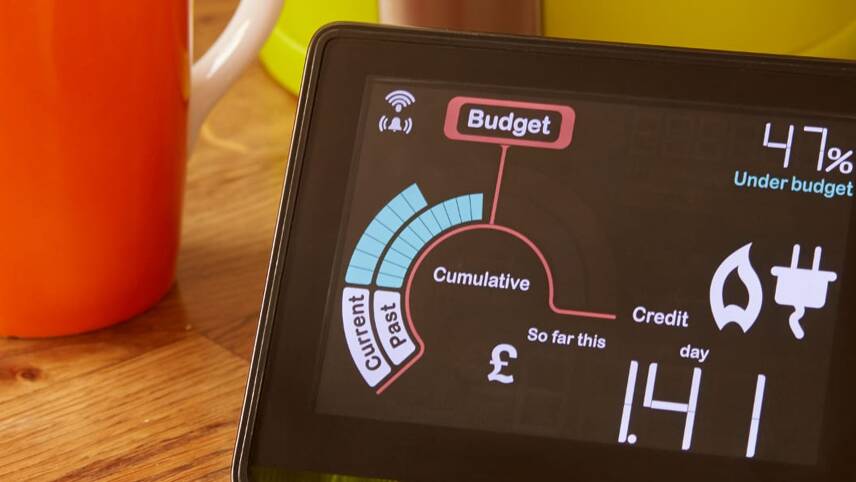Member only content free until 26/05/2024
To continue reading this article and enjoying free access to all Utility Week’s content up to the 26/05/2024 Register today!
Ready to become a member?

Modifications to the Smart Energy Code (SEC) present an opportunity to use data from smart meters for a “far greater good”, an industry expert has suggested.
Three modifications proposed by Matthew Roderick, founder and chief executive of digital services company n3rgy, are designed to improve data sharing between service providers, including with organisations such as social landlords. 
Roderick explained to Utility Week that SEC parties such as energy suppliers can use third parties to obtain consumer data from smart meters.
However, he added: “If the supplier has already got consent and they want to get someone else to do it for them, the regulation today says that the other party has to ask for consent again on behalf of the supplier, which is a bit crazy because that other organisation is only going to collect the data and give it to the supplier.
“Therefore, from a GDPR perspective, nothing changes but the SEC as it stands today doesn’t support that GDPR principle of data processing.”
The modification (MP219) is currently being consulted on. It was initially proposed last September along with two others – MP234 and MP235.
These are designed to improve data sharing between organisations such as social landlords and local authorities, to improve the lives of their customers. Roderick said the data from smart meters presents a good opportunity in light of the race to net zero.
He explained: “The energy industry has been very insular for the last 100 years. But what we’re seeing now with the drive towards net zero and lowering people’s energy bills, there are many more organisations getting involved with addressing energy crisis, addressing climate change, whether they’re retail banks, social landlords, or local councils.
“With the smart meter system, although it was originally designed to create more accurate bills and to enable the energy system to be more efficient, there’s the opportunity there to use that data for a far greater good. For example, to enable social landlords to better protect vulnerable customers, to ensure that their housing is up to scratch, the insulation is in place, or the heating systems are more efficient.
“You can detect tenants which are vulnerable through the data and apply greater effort, education and engagement with those tenants to improve their situation. That’s really what the changes are about.”




Please login or Register to leave a comment.